A titanium pipe has great mechanical qualities, a low weight, and a high level of strength. The strength of titanium is increased while maintaining its weight advantage over steel by alloying it with substances like aluminum and vanadium. Titanium is a popular material for high-quality tubes intended for numerous sectors because of its strength, distinctive density, and corrosion resistance. Because it is so lightweight and corrosion-resistant, this metal is frequently a better material than rival materials like stainless steel or superalloys. Read More…
All Titanium Metals is a leader in the titanium industry, embodying a commitment to excellence as your trusted titanium supplier. In our unwavering pursuit of providing top-notch commercially pure-grade titanium products, we take immense pride in our high quality products.
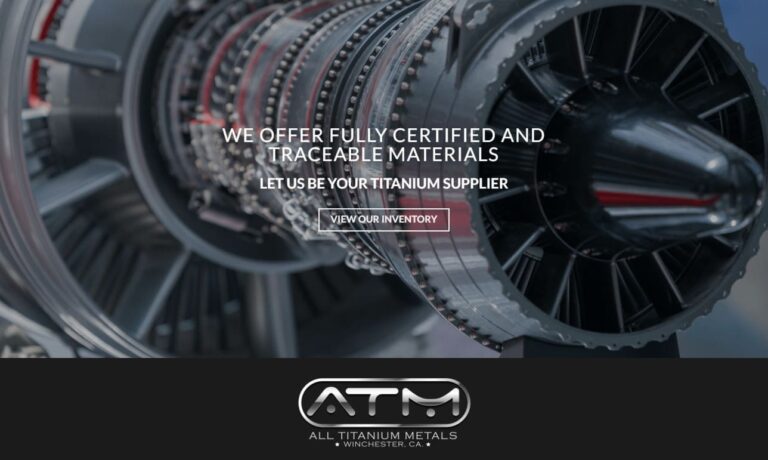
Service Steel Aerospace (SSA) is one of the largest titanium distributors in the World. SSA stocks titanium rounds, plate, block, billet, and ingot for the Aerospace and Defense markets, as well as other critical industries. We rely on our vast inventory to offer quick deliveries. SSA places the highest value on quality and customer service. SSA also offers value added processing such as cut to...

At Cada Stainless & Alloys, we specialize in supplying high-performance titanium and specialty metal solutions for industries that demand exceptional strength, corrosion resistance, and long-term reliability. We work closely with customers who require titanium materials for challenging environments, including aerospace, chemical processing, marine, medical, and advanced industrial applications.
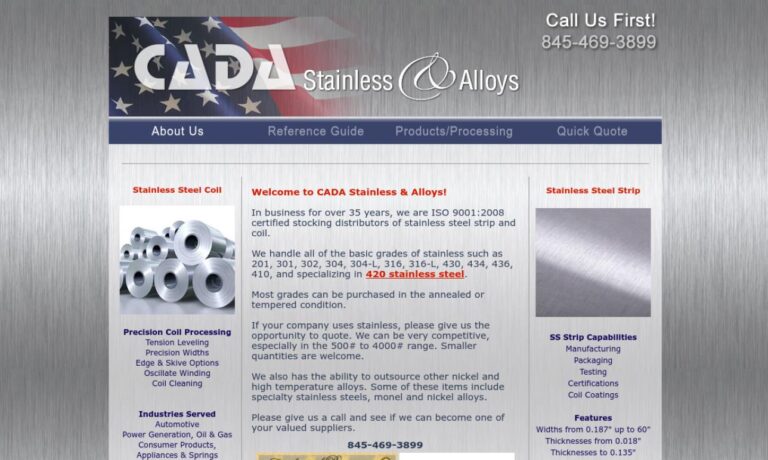
At Sierra Alloys, we have built our reputation around the strength, versatility, and precision of titanium. We dedicate ourselves to delivering high-quality titanium products that serve industries where performance, durability, and reliability are non-negotiable.

At Tricor Metals, we have built our reputation as a trusted partner in titanium products and solutions by combining material expertise with advanced fabrication capabilities. We work closely with customers across demanding industries to deliver titanium that meets exacting performance, durability, and safety standards.

At Reliable Source Inc., we have built our reputation on being a dependable partner for customers who require precision titanium products and expert support for critical applications. From the start, we have focused on combining material expertise with an unwavering commitment to quality, allowing us to deliver titanium solutions that perform under the most demanding conditions.
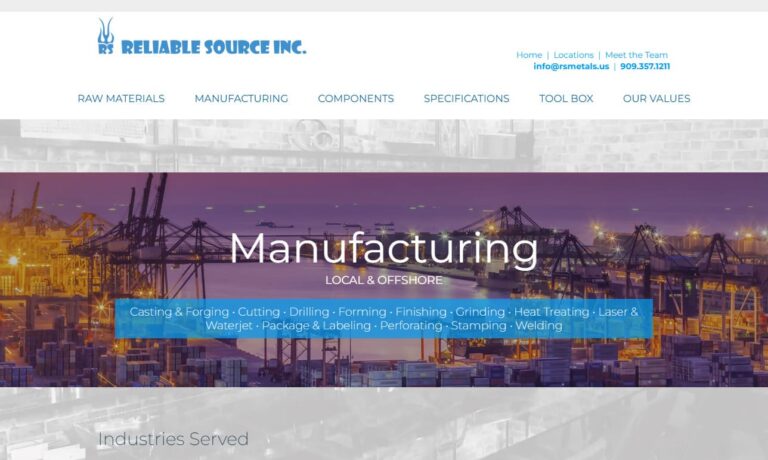
Diversified Industrial Products is a leading distributor of high-quality titanium tubing, titanium wire, titanium plate, titanium bars and titanium ingots. We serve a wide range of industries and markets with high-quality, durable titanium. Diversified Industrial has more than 25 years of experience.

More Titanium Tubing Suppliers
Depending on the material, it can be separated into pure titanium pipe and alloy pipe. Manufacturers and suppliers of titanium tubing use ISO 9001 to produce quality products.
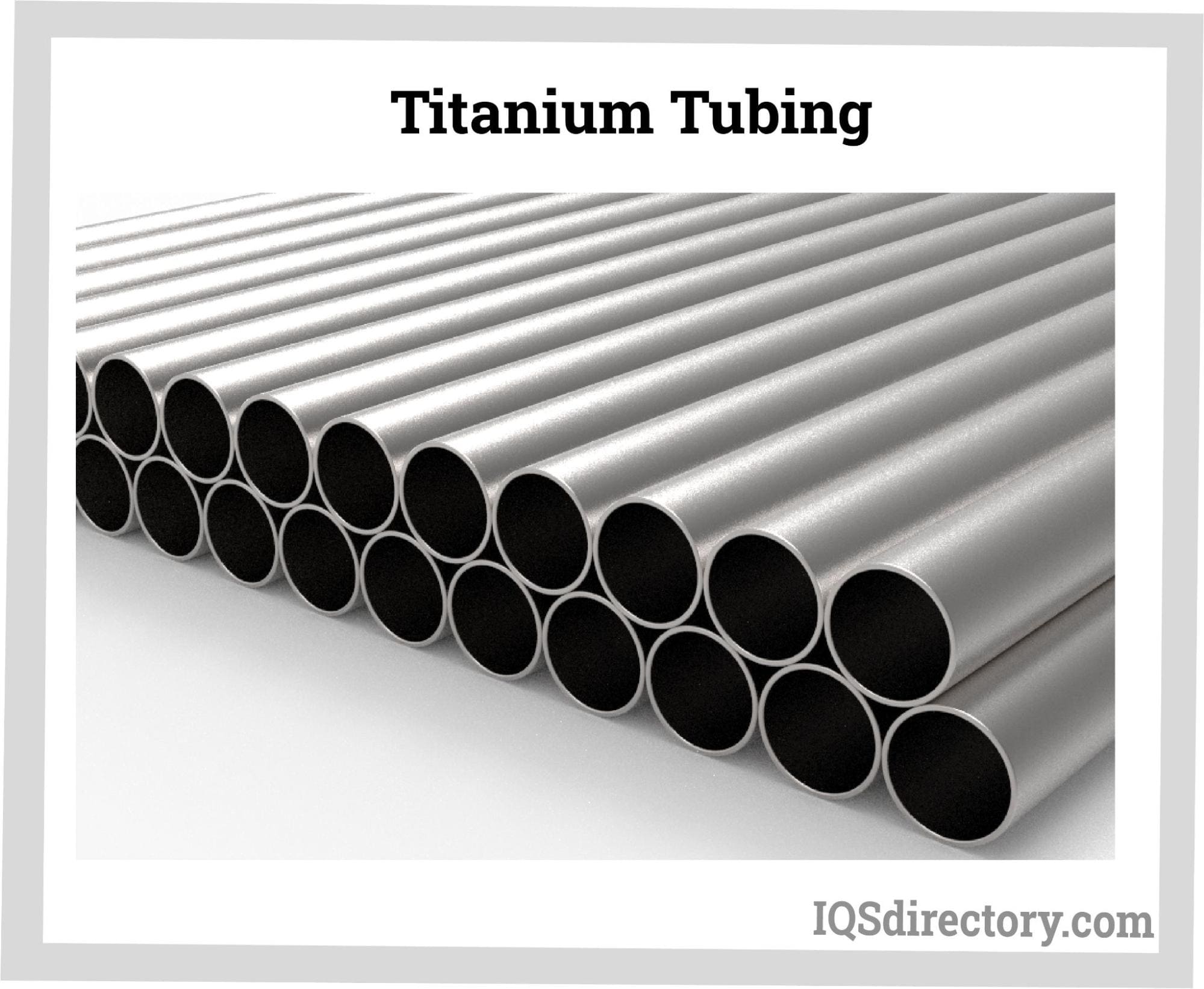
Types of Titanium Tubing
There are various varieties of titanium tubing, and these types can be utilized to determine each type's applicability. Depending on the processing technology, it can be classified into two types of pipes: welded pipe and seamless pipe.
- seamless titanium tubing
- welded titanium tubing
Seamless Titanium Tubing
As the name implies, the body of seamless titanium tubing is devoid of any seams, joints, or welds. As a result, they can endure the pressure of delicate liquids and gasses since they are strong in all directions. While welded tubes have more options for size and form, seamless titanium pipes often have greater strength and pressure capabilities.

Welded Titanium Tubing
During the process of making titanium tubing, welding is utilized to either extend the tube's length or keep its profile the same. The oxide layer must be removed before welding titanium, just like it must be done with aluminum and stainless steel. However, titanium is simple to weld.
Titanium is a metal that combines with oxygen to generate titanium dioxide at ambient temperatures. This reaction gives titanium its coveted corrosion resistance. However, since the outer oxide layer melts at a temperature much higher than the base metal, it must be removed before welding. When heated, titanium combines with oxygen, nitrogen, hydrogen, and carbon to form variable-thickness oxide layers, giving titanium its many colors.
To prevent the weld from accumulating oxides, becoming polluted, and weakening when welding titanium, shielding gas must be utilized all around the joint. These shades of purple and blue may be attractive, but they indicate pollution and a weak weld at a joint. The perfect weld is naturally titanium-tinted, which shows minimal to no contamination. See the illustration below. Most of the weld is raw titanium, but there are a few purple and blue patches at the ends of the welds where the still-hot titanium has spilled outside of the shielding cup. These spots are indicators of contamination.

Benefits of Titanium Tubing
Low Density: Titanium has a high strength-to-low weight ratio. Titanium is easier to deal with since it has a lower density than copper, nickel, and stainless steel. Despite having a low density, the titanium tubes are made to maintain strength and rigidity, making them suitable for various industrial applications.
Durability: The great strength of titanium, a transition metal, makes it ideal for usage in the motorsport business, where performance, power, and strength are crucial factors.
Corrosion Resistance: One of the best qualities of titanium tubes is their ability to resist corrosion brought on by liquids like water and oil. Titanium tubing takes advantage of the fact that the metal, in its natural state, is resistant to corrosion at high temperatures.
Chemical Resistance: Titanium tubes can withstand chemical substances and organic solvents.
Heat Transfer: Titanium tubes function well at high temperatures and pressures and have good thermal conductivity. The use of titanium tubing in the production of heat exchangers is due to the material's excellent thermal conductivity.
Good Biocompatibility: The most common materials utilized for biomedical implants are titanium and its alloys; these materials are anticipated to have great biomechanical properties equal to those of human tissue and animal autogenous tissues without experiencing any negative side effects. Titanium has this quality because it doesn't conduct electricity well, is strong, doesn't weigh much, and doesn't corrode inside the body.
Applications of Titanium Tubing
Based on the benefits of titanium tubing listed above, titanium tubing is utilized in the following fields and applications.
- Titanium pipes are widely used in the nuclear power industry as unit-standard pipes.
- automotive parts
- chemical and petrochemical industry
- wheelchairs
- They are frequently used in heat exchange devices such as condensers, evaporators, serpentine heat exchangers, coil heat exchangers, and transmission pipelines.
- medical industry
- marine industry
- hydraulic lines
- pulp and paper industry
- sporting goods: tennis rackets, golf shafts, bicycle frames, lacrosse equipment
- Pipe blanks are also used to make pipe targets (pure titanium) for vacuum coating, and as the starting material for producing finished pipes.
Choosing the Right Titanium Tubing Company
To make sure you have the most productive outcome when purchasing titanium tubing from a titanium tubing company, it is important to compare at least 5 companies using our titanium tubing directory. Each titanium tubing company has a business profile page that highlights their areas of experience and capabilities and a contact form to directly communicate with the company for more information or request a quote. Review each titanium tubing company website using our patented website previewer to get an idea of what each company specializes in, and then use our simple RFQ form to contact multiple titanium tubing companies with the same message.



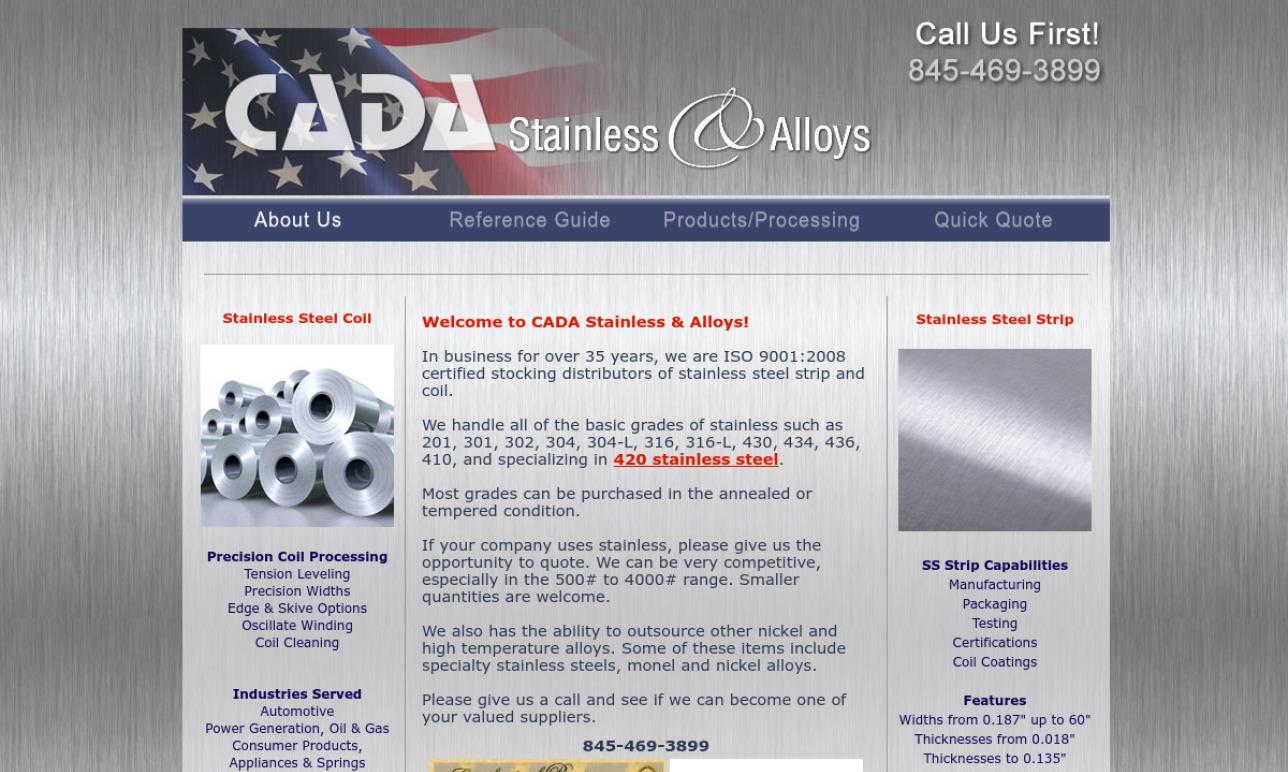





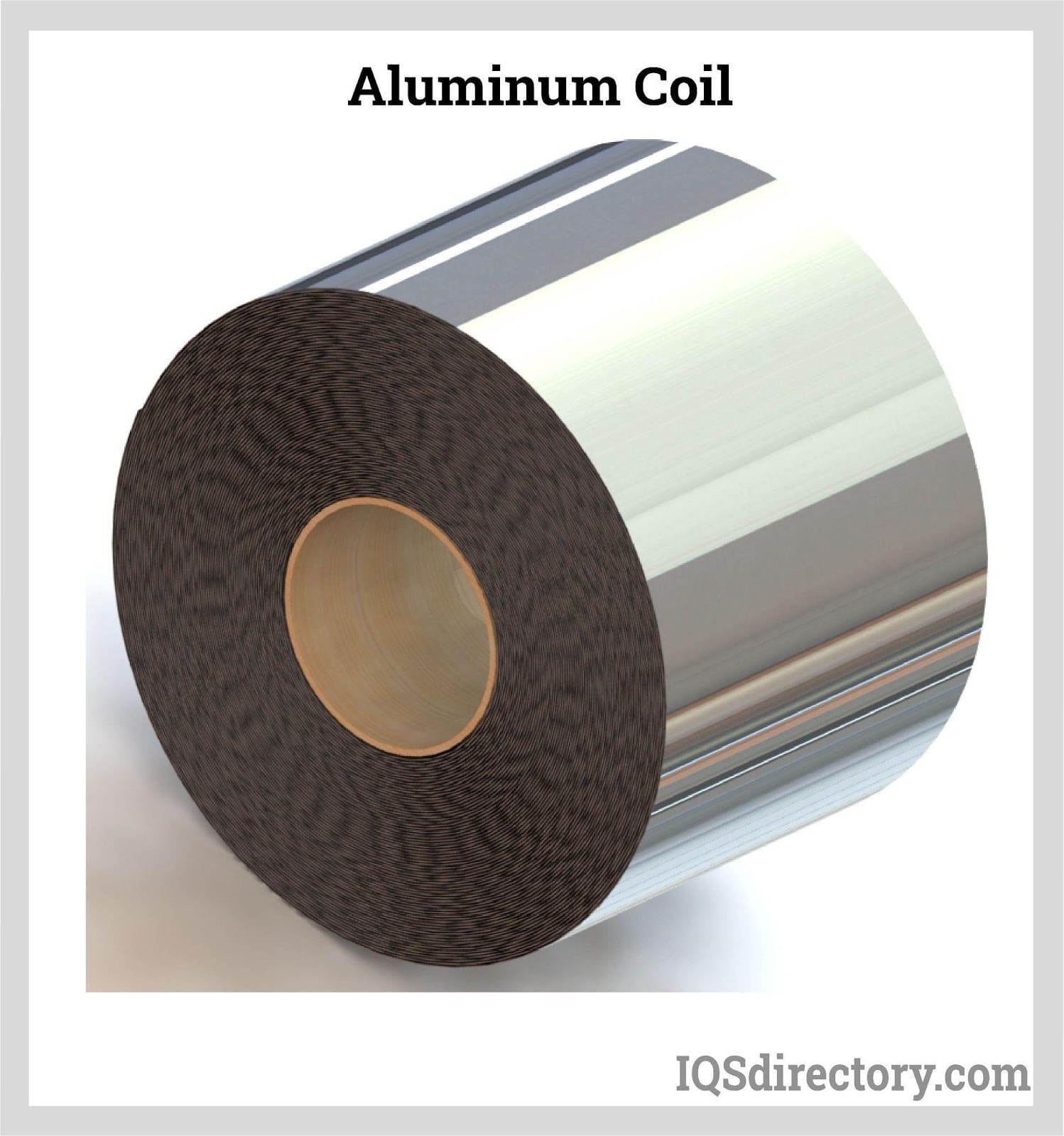
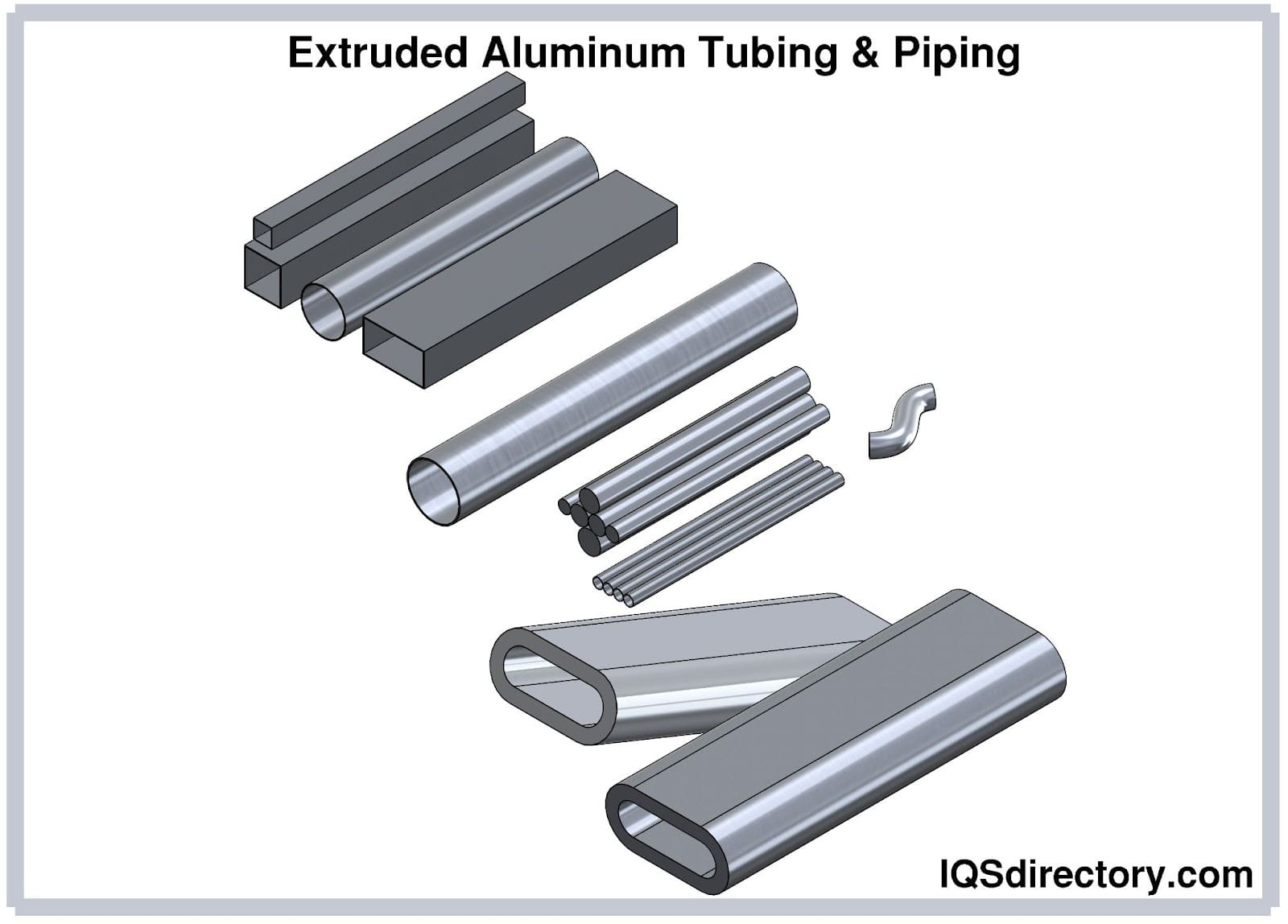


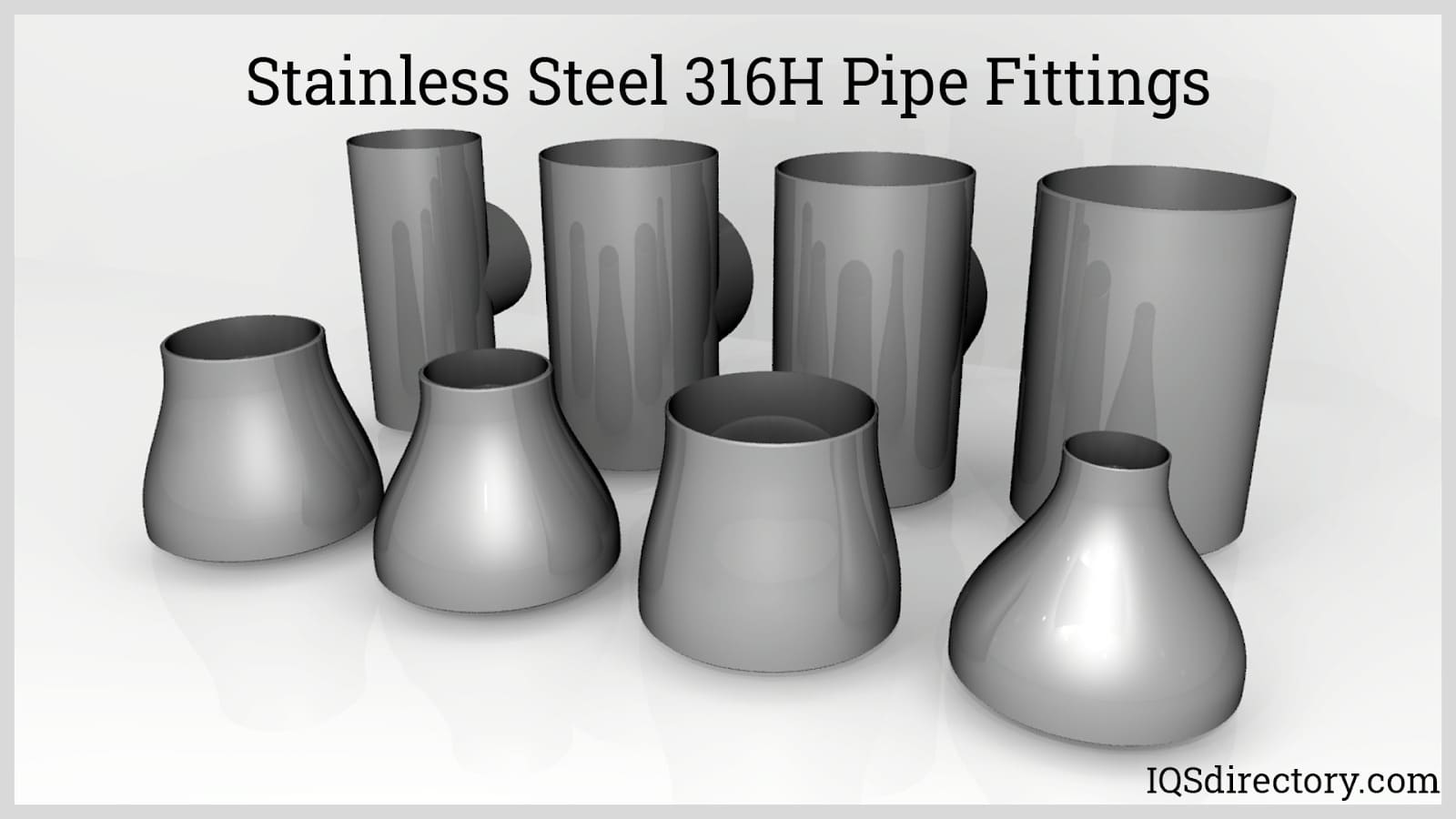
 Alloy Suppliers
Alloy Suppliers Aluminum
Aluminum Aluminum Extrusions
Aluminum Extrusions Copper-Brass-Bronze
Copper-Brass-Bronze Magnets
Magnets Nickel
Nickel Stainless Steel
Stainless Steel Stainless Steel Tubing
Stainless Steel Tubing Steel Service Centers
Steel Service Centers Titanium
Titanium Tungsten
Tungsten Wire Rope
Wire Rope Castings & Forgings
Castings & Forgings Bulk Material Handling
Bulk Material Handling Electrical & Electronic Components
Electrical & Electronic Components Flow Instrumentation
Flow Instrumentation Hardware
Hardware Material Handling Equipment
Material Handling Equipment Metal Cutting Services
Metal Cutting Services Metal Forming Services
Metal Forming Services Metal Suppliers
Metal Suppliers Motion Control Products
Motion Control Products Plant & Facility Equipment
Plant & Facility Equipment Plant & Facility Supplies
Plant & Facility Supplies Plastic Molding Processes
Plastic Molding Processes Pumps & Valves
Pumps & Valves Recycling Equipment
Recycling Equipment Rubber Products & Services
Rubber Products & Services